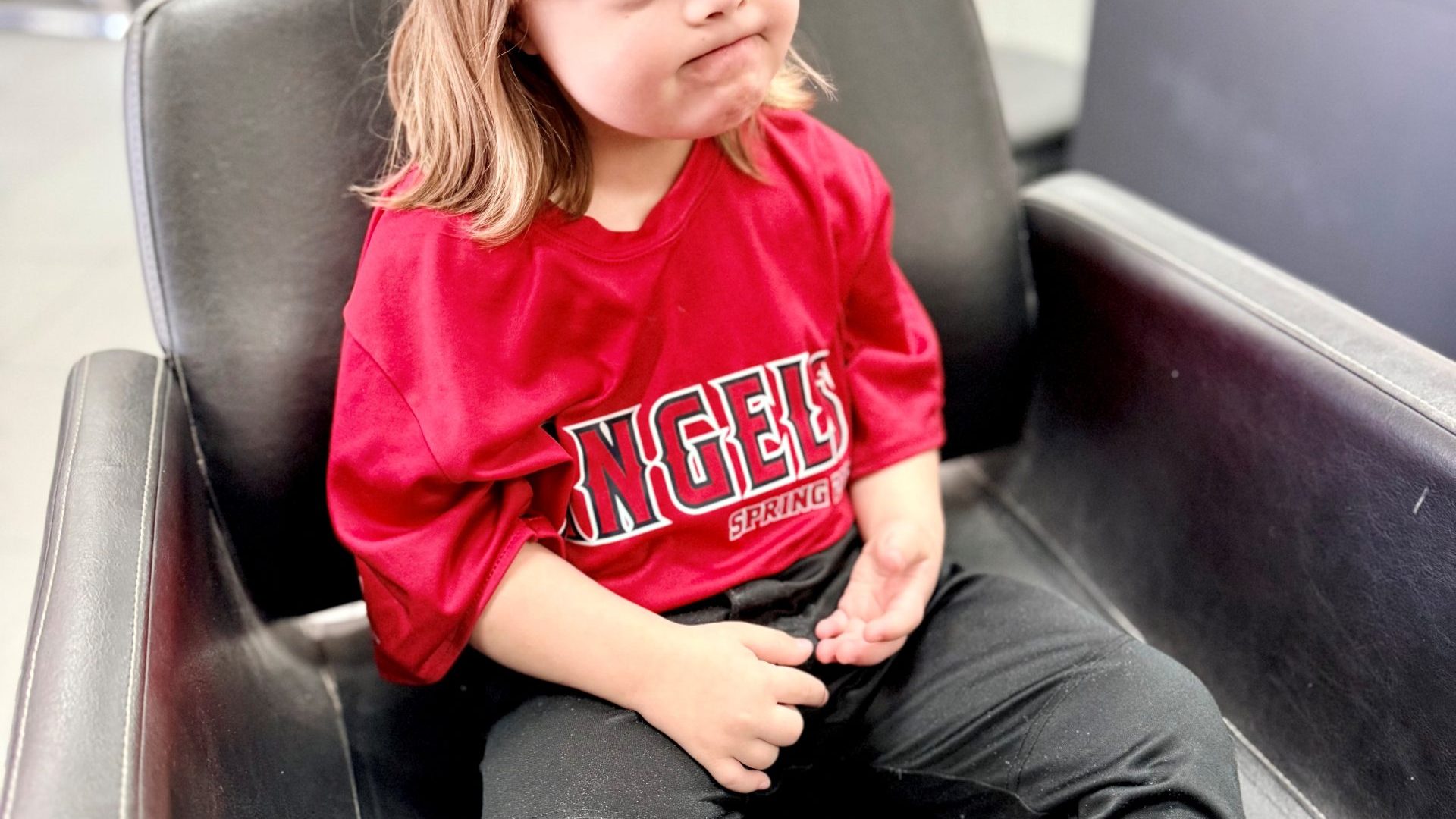I recently had Kay’s IEP meeting (Individualized Education Plan) where I sat down with her teacher and the rest of her team to discuss how she’s doing. We talked about her progress, areas that still need some work, and anything new they’ve observed. Going into the meeting, I already had a good idea of what might be discussed, since I had met with Kay’s teacher and another staff member a little over a month ago to share her recent autism diagnosis and to begin the process of starting ABA therapy. I wanted to make sure her school team and ABA team could communicate easily, and they assured me that wouldn’t be a problem. This way, if ABA finds a strategy that works well for Kay, they can share it with her teacher, and vice versa.
Kay loves school and is incredibly smart in her own unique way. Like many kids, though, when she doesn’t want to do something, she simply won’t. That’s been a challenge, especially in a classroom setting where there are expectations and routines. One of my biggest hopes for ABA is that it helps Kay learn healthy ways to express herself when she’s frustrated, and to understand that sometimes we all have to do things we may not enjoy.
Her team believes she’s academically ready for general education kindergarten, but her behaviors are what’s holding her back. Kay can’t safely be in a class with her typical peers right now if she’s trying to run down hallways or refusing to participate by yelling or clearing a table when something doesn’t go her way. It’s been a difficult adjustment for everyone involved since the start of the school year. During summer school, she did really well, and we realized it was because the class was much smaller—only about six kids—so she had more one-on-one attention and a calmer environment that allowed her to focus.
My goal has always been to make sure Kay is included, but I also want to be realistic. I’ll never push her into a general education setting if it isn’t the right fit or if I know she’ll struggle and become overwhelmed. Inclusion is important, but so is making sure she’s in an environment where she can truly succeed.
Kay starts ABA next week, and my hope is that once she settles into the new routine, we’ll start to see positive changes in her behavior and confidence. More than anything, I want her to thrive at her own pace and continue feeling proud of herself. She’s so bright and full of potential, and while it’s hard to watch her struggle, I know she’s capable of amazing growth with the right support and understanding.
Every step forward, no matter how small, is still progress—and I’m proud of her every single day.



